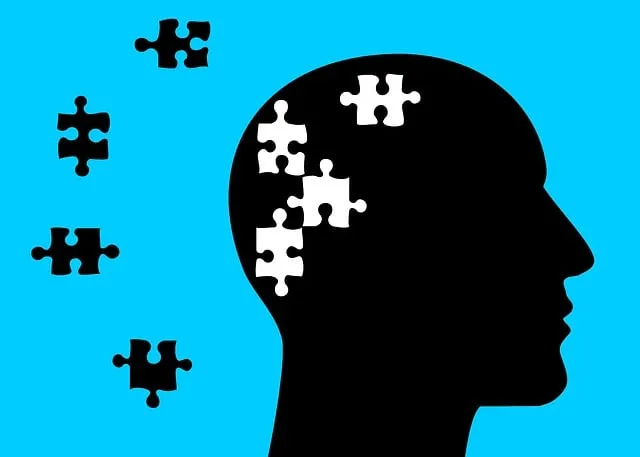Westminster's 24/7 mental health crisis hotline provides immediate support, confidential conversations with trained professionals, and resources for acute distress or psychological emergencies. Unlike Kaiser's immersive inpatient care for severe psychiatric conditions, Westminster focuses on early intervention, prevention through outreach, and inner strength development. Individuals facing mental health challenges should identify their needs and explore hotlines, community centers, online platforms, podcasts, and awareness campaigns to access suitable help, whether crisis support or inpatient care like Kaiser offers.
In today’s fast-paced world, mental health crises can arise unexpectedly. Understanding and accessing crisis hotline support services is crucial. This article delves into the significance of these hotlines as a vital resource for those in distress. We compare Westminster and Kaiser’s inpatient mental health services, highlighting key differences. Additionally, we offer practical tips for help-seekers on navigating crisis support effectively. Remember that both organizations provide essential care, but understanding their strengths can guide individuals toward suitable assistance during challenging times.
- Understanding Mental Health Crisis Hotlines: A Vital Resource
- Westminster vs. Kaiser: Inpatient Mental Health Services Compared
- Accessing and Navigating Crisis Support: Practical Tips for Help-Seekers
Understanding Mental Health Crisis Hotlines: A Vital Resource

Mental health crisis hotline support services are a vital resource for individuals facing acute distress and psychological emergencies. These 24/7 helplines provide immediate assistance, offering confidential conversations with trained professionals who can offer guidance, support, and crucial risk assessment for mental health professionals. They serve as a bridge to care, connecting people in need with appropriate resources, including inpatient mental health services like those provided by Kaiser in areas like Westminster.
Understanding the importance of these hotlines goes beyond their immediate crisis intervention capabilities. They play a significant role in inner strength development and burnout prevention for both individuals and mental health professionals. By providing a safe space to express emotions and concerns, they empower users to navigate challenging situations, fostering resilience and self-care practices that are essential for maintaining long-term mental well-being.
Westminster vs. Kaiser: Inpatient Mental Health Services Compared

When comparing Westminster’s mental health crisis hotline support services to Kaiser’s inpatient program, several key differences emerge. While both organizations prioritize mental wellness, their approaches and service offerings differ significantly.
Westminster focuses on community-based outreach and crisis intervention through its hotline, emphasizing early identification and prevention of mental health crises. In contrast, Kaiser offers a comprehensive inpatient program, providing intensive, round-the-clock care for individuals experiencing severe psychiatric conditions. Unlike Westminster’s resource-oriented support, Kaiser’s model involves immersive treatment in controlled environments, focusing on acute stabilization and emotional healing processes through the Mental Wellness Podcast Series Production and other therapeutic interventions. This comparison highlights the diverse pathways to addressing mental health concerns, catering to various needs within the broader spectrum of emotional intelligence.
Accessing and Navigating Crisis Support: Practical Tips for Help-Seekers

Accessing crisis support services is a vital step towards managing and overcoming mental health challenges. For those seeking immediate assistance, hotlines offer a confidential and accessible resource. In the case of severe crises, help-seekers can look for inpatient mental health services, such as those available at Kaiser in Westminster, to provide intensive care and stabilization. These services are crucial for individuals experiencing acute mental health issues, offering a safe space to receive expert treatment.
Navigating these support systems requires practical steps. First, identify your needs and be clear about the type of assistance you require. Whether it’s crisis intervention, counseling, or inpatient care, knowing your goals will help guide you. Next, explore available resources, including local hotlines, community mental health centers, and online platforms. Many organizations offer dedicated lines for specific demographics or issues, like youth or veterans, ensuring tailored support. Additionally, consider leveraging technology through mental wellness podcast series and public awareness campaigns that provide valuable insights into various aspects of mental health and guide individuals toward suitable help.
Mental health crisis hotline support services are invaluable resources, offering immediate assistance and guidance during desperate times. While institutions like Westminster and Kaiser both provide inpatient mental health services, crisis hotlines serve as a first line of defense, accessible 24/7 to anyone in need. By understanding how to access and navigate these services, individuals can receive the critical support they require, ensuring better outcomes and improved well-being.






